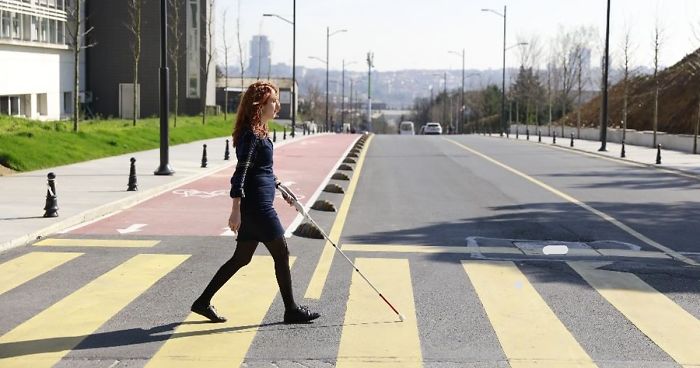
Blind Engineer Invents A ‘Smart Cane’ That Uses Google Maps To Help Blind People Navigate
Today, many products have been reinvented through technology. From smart planters to smart TVs, the power of technology doesn’t surprise us anymore. While many of the newest technological creations are dedicated to entertainment, there are many which contribute to our well being, especially to those who experience a disability of some sort.
More info: Instagram | Facebook | wewalk.io
Recently, a revolutionizing smart cane called WeWalk has been introduced to help blind people navigate their surroundings much more efficiently when they are on their own.
The cane was invented by a visually impaired engineer Kursat Ceylan, who is the CEO and co-founder of Young Guru Academy (YGA), the Turkish non-profit behind WeWALK. Being blind himself, Ceylan knows firsthand what challenges people like him face and decided to put his knowledge into inventing something that could greatly improve people’s life.
“In these days, we are talking about flying cars, but these people have been using just a plain stick. As a blind person, when I am at the Metro station, I don’t know which is my exit… I don’t know which bus is approaching… which stores are around me. That kind of information can be provided with the WeWalk,” he told CNN.
The smart cane assists visually impaired people using smart technology, some of which we use every day.
It’s equipped with built-in speakers, a voice assistant, Google, and sensors that send vibrations to warn about obstacles above chest level.
The smart cane is available on the company’s website and runs for around $500.
Here’s how people reacted
141Kviews
Share on FacebookOMGoodness!!! Just one question... What took us so long??? I LOVE this!
This is SO AWESOME! Google has become so much more accurate these days. Recently, I was curious about how close it pin-pointed where I was so I turned it on to watch. It tracked me exactly as I drove around a Cloverleaf entrance ramp to the interstate. There's not mistaking where I was physically versus electronically. It was nearly exact.
For visually-impaired users in virtual environments, there is the Canetroller: learningsolutionsmag.com/articles/canetroller-enables-blind-users-to-navigate-vr-environments There is also Cydalion, which does not rely on GPS or maps to help visually-impaired people to navigate unfamiliar environments: learningsolutionsmag.com/articles/2129/a-new-take-on-augmented-reality-cydalion-navigation-app-aids-people-with-low-vision
Uses Google maps? I can't help but be reminded of all the drivers (seeing people!) that blindly trusted Google maps and got lost or ended up in a desert, in a lake etc. with their cars (or bikes, or e-scooter drivers ending up on highways). I hope for the best for the blind and that Google updates their maps for them as often as possible
You've seen those stories because they're unusual and rare, Google maps efficiently gets millions of people to their chosen destination effortlessly most of the time.
Load More Replies...Blind folks trusting Google maps walking maps? I hope this ends up better than I think it will.
My 5 year old son had Cortical Visual Impairment (Phase II) and Intermittent Exotropia. There is much he can see but this is conditional. His brain cannot consistently process his vision in novel and/or complex environments — I have to invest the majority of my time advocating for my son to keep and have his traditional white cane in school not to mention obtain services for him to improve his skills with the tool. This initiative in combing technology with the cane is fantastic!
OMGoodness!!! Just one question... What took us so long??? I LOVE this!
This is SO AWESOME! Google has become so much more accurate these days. Recently, I was curious about how close it pin-pointed where I was so I turned it on to watch. It tracked me exactly as I drove around a Cloverleaf entrance ramp to the interstate. There's not mistaking where I was physically versus electronically. It was nearly exact.
For visually-impaired users in virtual environments, there is the Canetroller: learningsolutionsmag.com/articles/canetroller-enables-blind-users-to-navigate-vr-environments There is also Cydalion, which does not rely on GPS or maps to help visually-impaired people to navigate unfamiliar environments: learningsolutionsmag.com/articles/2129/a-new-take-on-augmented-reality-cydalion-navigation-app-aids-people-with-low-vision
Uses Google maps? I can't help but be reminded of all the drivers (seeing people!) that blindly trusted Google maps and got lost or ended up in a desert, in a lake etc. with their cars (or bikes, or e-scooter drivers ending up on highways). I hope for the best for the blind and that Google updates their maps for them as often as possible
You've seen those stories because they're unusual and rare, Google maps efficiently gets millions of people to their chosen destination effortlessly most of the time.
Load More Replies...Blind folks trusting Google maps walking maps? I hope this ends up better than I think it will.
My 5 year old son had Cortical Visual Impairment (Phase II) and Intermittent Exotropia. There is much he can see but this is conditional. His brain cannot consistently process his vision in novel and/or complex environments — I have to invest the majority of my time advocating for my son to keep and have his traditional white cane in school not to mention obtain services for him to improve his skills with the tool. This initiative in combing technology with the cane is fantastic!

 Dark Mode
Dark Mode 

 No fees, cancel anytime
No fees, cancel anytime 






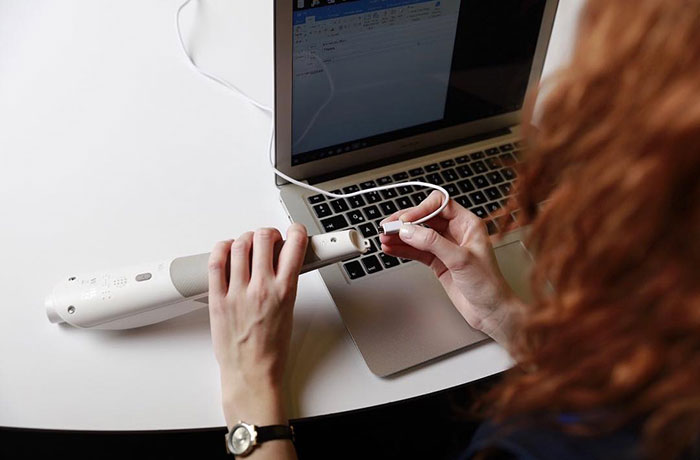
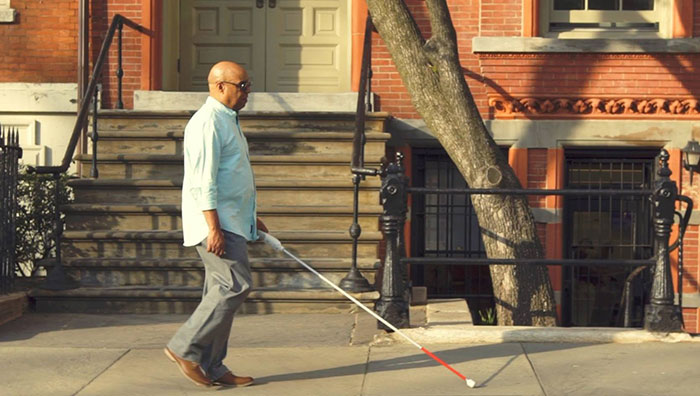

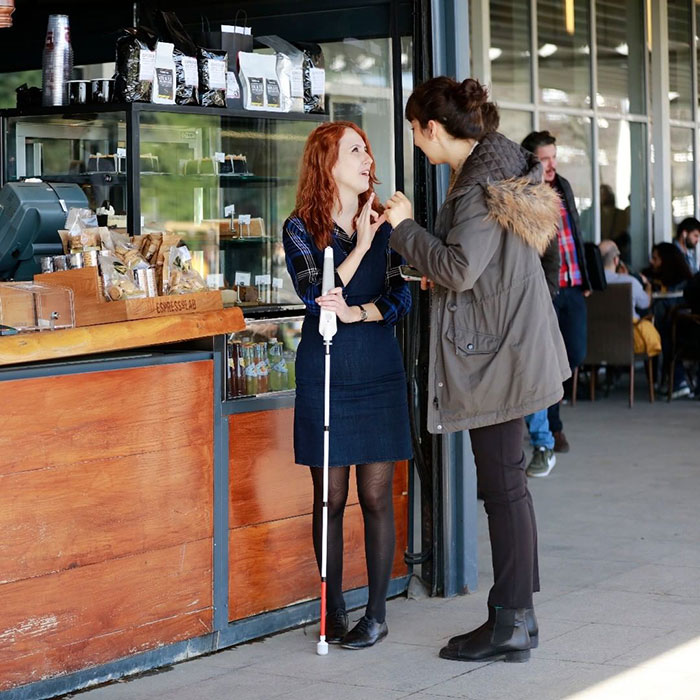
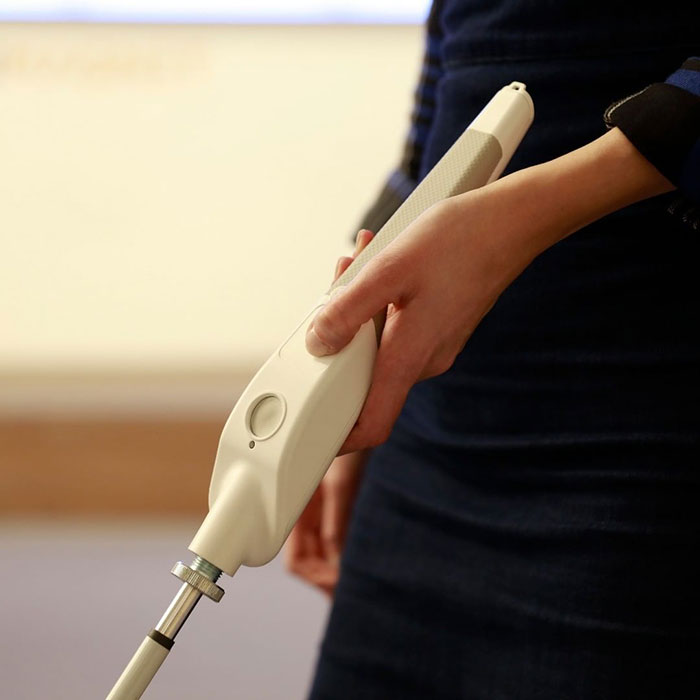
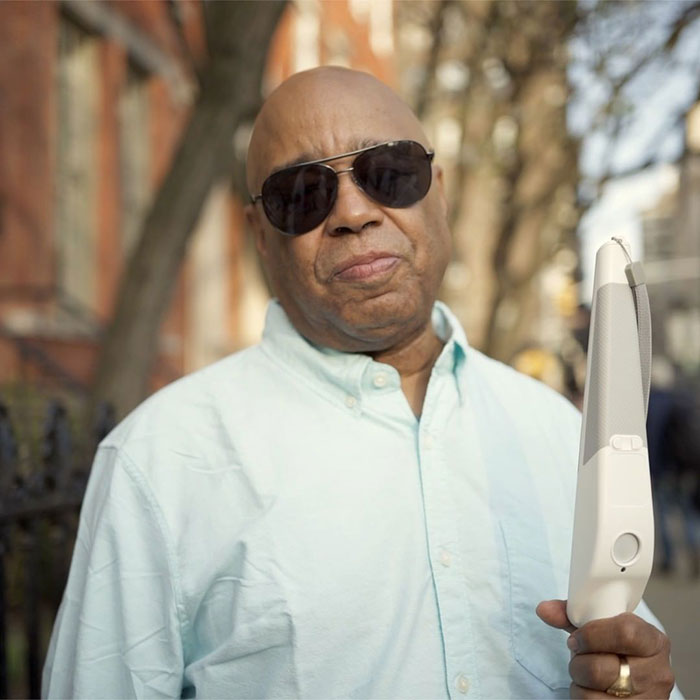
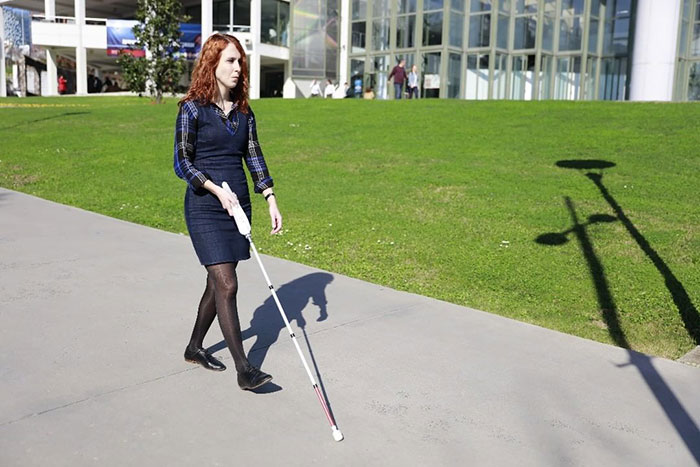
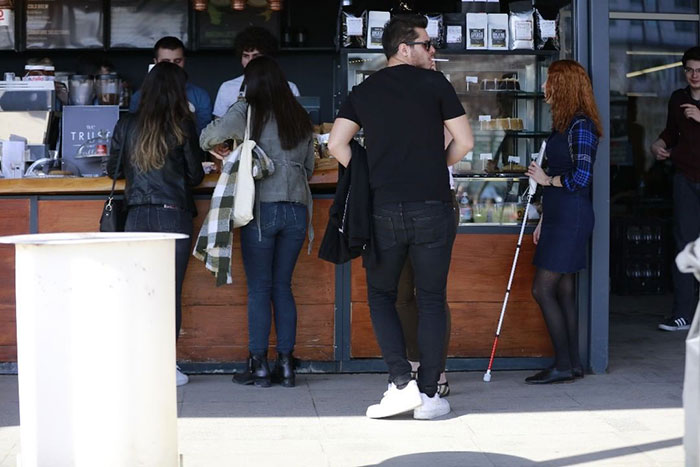
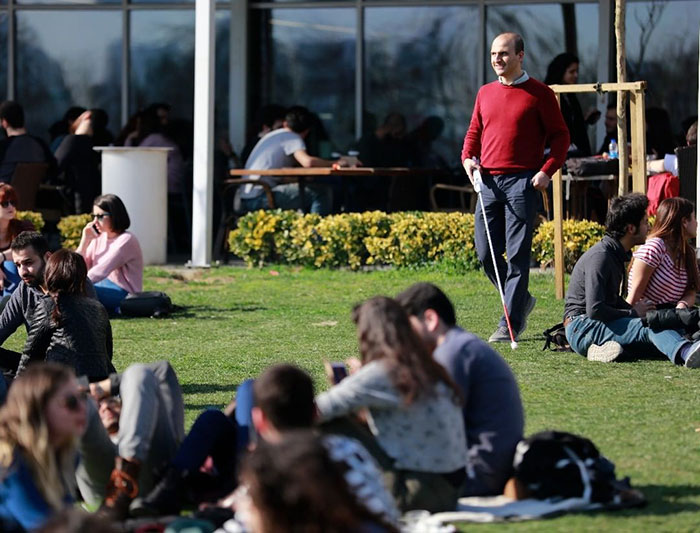
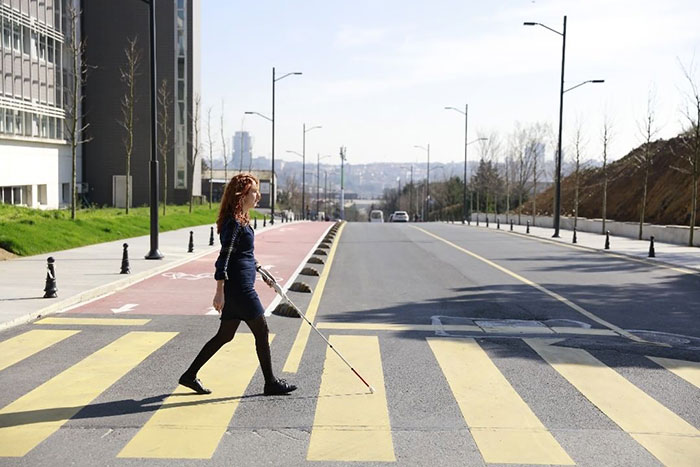



















































336
33